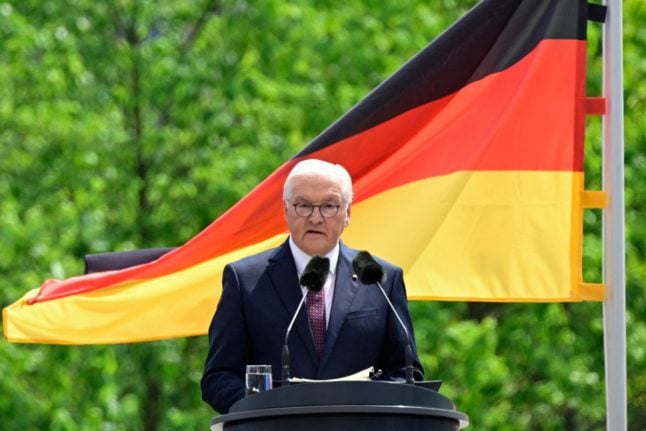On Wednesday afternoon, the three parties set to form Germany’s new governing coalition set out a roadmap for the next four years.
Under the motto, ‘Dare to make progress’, the new coalition – nicknamed the ‘traffic light’ after the parties’ colours – released an 177 page document that sets out their vision for the coming years.
READ MORE: LATEST: Germany’s next government sets out roadmap for post-Merkel era
The document included policies put forward from all parties, including a pledge to tackle the country’s affordable housing crisis which the coalition defined as “the social issue of our time”.
Under the plan, Germany will build 400,000 new flats each year, 100,000 of which will be publicly-funded social housing for people in lower income groups.
The government said the plan will also boost the country’s construction industry.
The party also plans to tighten the so-called ‘rent brake’, a federal law aimed at limiting the amount a landlord can increase the rent on a property.
READ MORE: Germany’s coalition government to allow dual nationality
While the current law restricts rent rises to 15 percent over a three year period, the government’s new plan will be to restrict rises on rent to 11 percent in tighter housing markets, such as those in many of the country’s larger cities.
Although further details of the proposal have yet to emerge, the 11 percent cap is closer to that put in place in the capital of Berlin in 2020, which was later overturned by the federal court.
The federal court ruled that while rent restrictions of that nature were legitimate and could be implemented, this needed to take place at a federal rather than a state level.
In order to account for rising costs of living, the government want to insulate lower-income families from “extreme fluctuations in housing and ancillary costs”.
As a result, the government will make a one-off subsidy available for heating costs for low-income families.



 Please whitelist us to continue reading.
Please whitelist us to continue reading.
Member comments